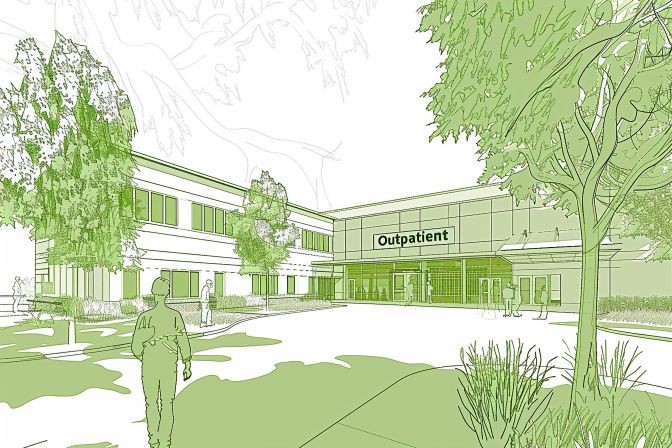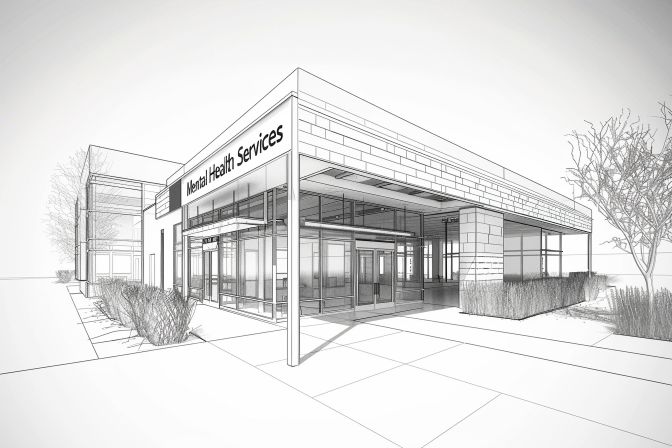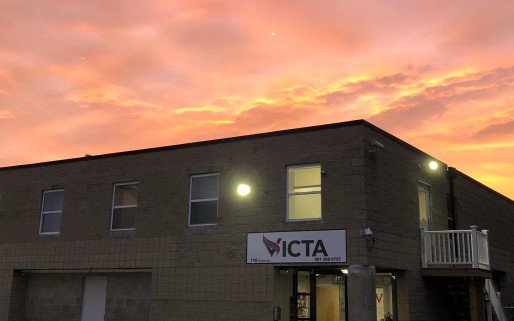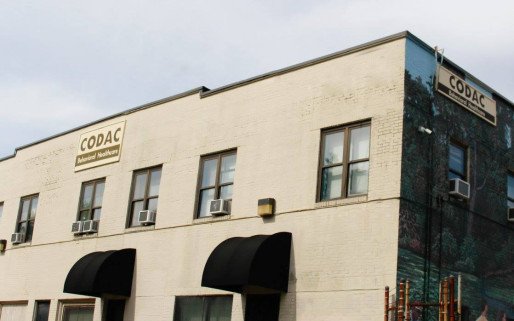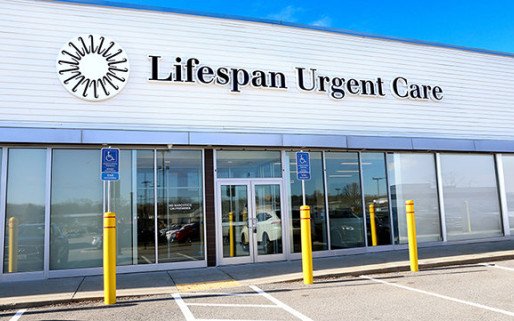Roger Williams Medical Center Detox Unit
825 Chalkstone Avenue, Providence, Providence, RI 02908
Insurance accepted
Cash Pay Rate
Roger Williams Medical Center is a private organization offering inpatient treatment in Providence, RI that caters to adults and young adults seeking help for substance use disorders. This center offers programs for substance use treatment including brief intervention, relapse prevention and SUD counseling.
MAT
Co-occurring disorder treatment
4 accreditations
4.6/5
About Roger Williams Medical Center Detox Unit
They accept ITU funds, Medicare, Medicaid, Military insurance and private health insurance as forms of payment for services offered and caters to both female and male patients.
This center offers detox treatment including alcohol detoxification, benzodiazepine detox, cocaine detox, methamphetamine detox and opioid detox.
This facility also uses counseling as part of its substance use disorder treatment, both helping to understand the cause of addiction and creating tools to aid with recovery. Roger Williams Medical Center uses individual counseling and group counseling during treatment.
Roger Williams Medical Center treats opioid addictions including heroin, fentanyl, and prescription painkillers. This includes the use of opioid medications during detox and treatment such as methadone, buprenorphine and naltrexone.
Roger Williams Medical Center offers recovery support services dedicated to helping patients get back on their feet and continue their recovery. These support services include recovery coaching and mentoring/peer support as well as transitional services including discharge planning, naloxone and overdose education and outcome follow-up after discharge.
This rehab center also holds State department of health, The Joint Commission, SAMHSA certification for opioid treatment program (OTP) and Drug Enforcement Agency (DEA) accreditations, ensuring they meet the standards required for effective treatment.
Roger Williams Medical Center (Providence, Rhode Island) is rated 4.6 on Recovered’s Trustscore which is based on user reviews and accreditations.
Overview of accreditations


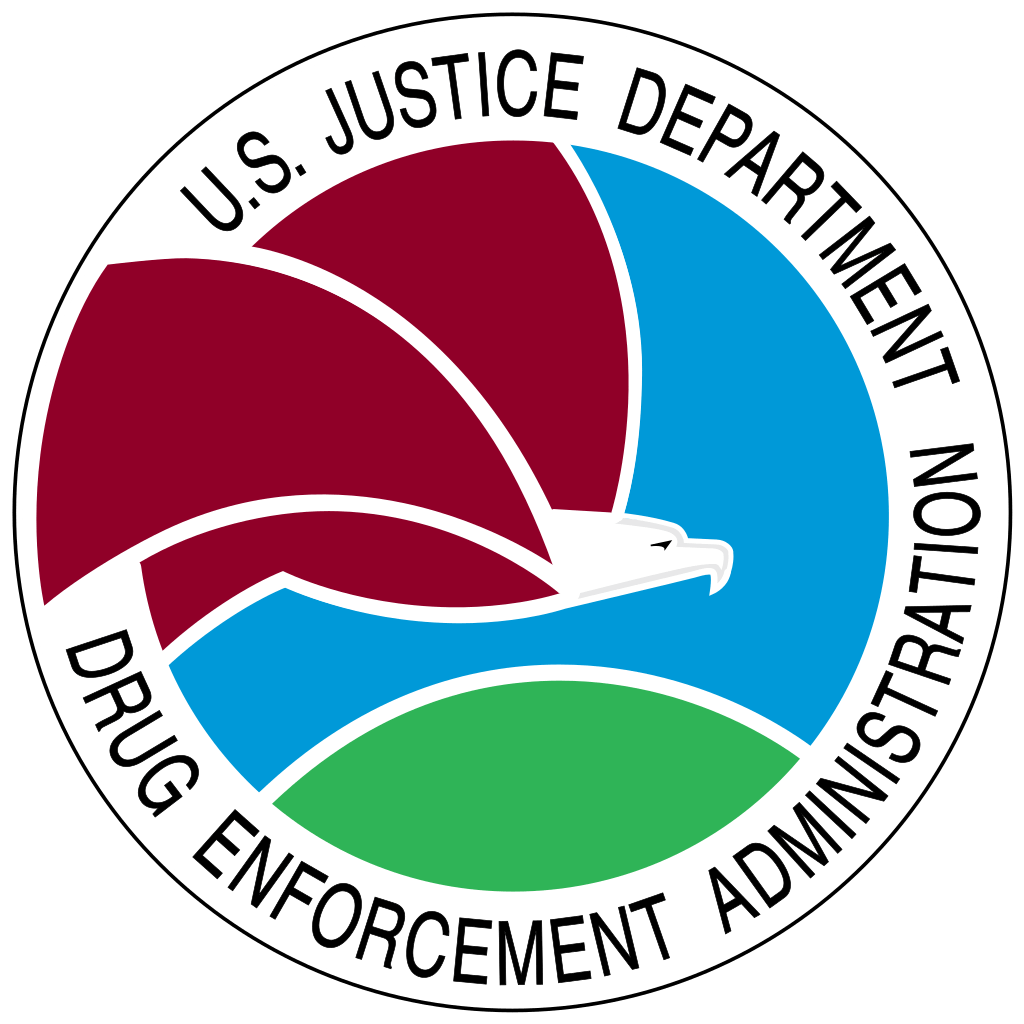
Overview of Services
Age Groups Accepted
Adults, Young adults
Languages
Sign language services for the deaf and hard of hearing
Special Programs/Groups Offered
Adult women, Pregnant/postpartum women, Adult men, Seniors or older adults, Lesbian, gay, bisexual, transgender, or queer/questioning (LGBTQ), Veterans, Active duty military, Members of military families, Criminal justice (other than DUI/DWI)/Forensic clients, Clients with co-occurring mental and substance use disorders, Clients with co-occurring pain and substance use disorders, Clients with HIV or AIDS, Clients who have experienced sexual abuse, Clients who have experienced intimate partner violence, domestic violence, Clients who have experienced trauma
Specialization
Substance use treatment, Detoxification
Message facility
Website
Claim your profile to manage this page and enable the messaging form.
Company Information
401-456-2000
825 Chalkstone Avenue, Providence, Providence, RI 02908
Occupancy: Call to confirm availability
Rating
Recovered TrustScore: 4.6/5
The Recovered Trustscore for Roger Williams Medical Center Detox Unit is based on the total amount of key accreditations (4) & publicly available review data online for this rehab center. A Bayesian average is applied to all rehabs to ensure fair visibility. Read here for more info
Treatment Services
Age Range
Medications Used
Specializations & Groups
Services
Setting
Assessment & Testing
Transitional Services & Aftercare
Medication Assisted Treatment Policy
Therapies and Interventions
At This Facility
Counseling/Education Services
Smoking/vaping policy
Special Services
Hospital Setting
Insurance Policy & Other Considerations
FAQs
Common Questions About Roger Williams Medical Center Detox Unit
Where are they located?
What types of treatment do they offer?
Do they treat opioid use disorders?
Do they offer recovery support services?
Do they have detox programs?
What counseling or therapy do they offer?
Get confidential help and information via our helpline
Recovered invites user reviews from former attendees, as well as their own loved ones and staff members, for all facilities listed on our site that they have had personal experience with.
We audit user reviews regularly and any instance of spamming or manipulation will result in content being removed. Only one review is permitted per user. Any reviews considered to be abusive, offensive, or fraudulent will be removed.
Treatment Centers Nearby
Calls to numbers marked with (I) symbols will be answered or returned by one of the treatment providers listed in our Terms and Conditions, each of which is a paid advertiser.
In calling the helpline you agree to our Terms and Conditions. We do not receive any fee or commission dependent upon which treatment or provider a caller chooses.
There is no obligation to enter treatment.
Access State-Specific Provider Directories for detailed information on locating licensed service providers and recovery residences in your area.
For any specific questions please email us at info@recovered.org
Insurance Accepted
This center accepts most forms of health insurance. Contact them to find out more or use our insurance verification to check your coverage.
Insurance Accepted
This center may not accept all forms of insurance. contact them to find out more.
We are awaiting cost confirmation from the center owner.
Medication designed to help with withdrawal symptoms and cravings may be offered as part of an addiction treatment program.
Co-occurring disorder treatment.
The Recovered Trustscore for Roger Williams Medical Center Detox Unit is based on the total amount of key accreditations (4) & publicly available review data online for this rehab center. A Bayesian average is applied to all rehabs to ensure fair visibility. Read here for more info
Accreditation(s) indicate the organization's national, state, or industry recognition for the treatment of substance use disorders and or mental health conditions.





